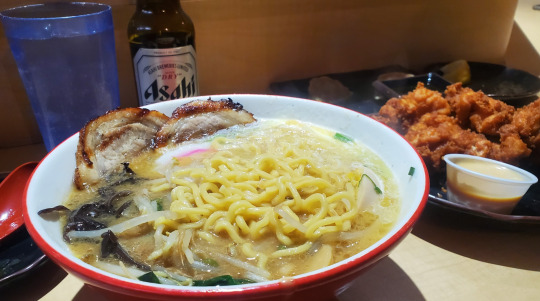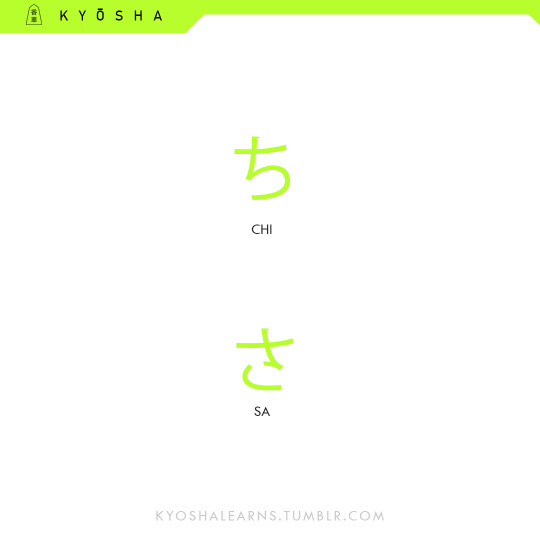Text

あけましておめでとう
0 notes
Text

Remixing My Language Learning Journey: Crafting a Unique Path Through Japanese Rap
Turning Language Learning into a Personalized Musical Experience
I have so much to write about and I'm really behind but I'm getting back on track. I want to write about my first trip to Japan, some new studying techniques, learning breakthroughs, linguistics research, tasty new Japanese food including more RAMEN…all in due time. First though I want to talk about music.
Music is an excellent tool for language learners to take advantage of because it can provide you with entertaining and compelling input at a high volume. You may have a tv show or movie you like, or even a book or comic, but chances are you won't read that over and over to the same degree that you would listen to one of your favorite songs. So it may be the case that finding music you like in your target language is a big breakthrough, unfortunately however I personally couldn't find anything I liked for a while .
I'm a long time hip-hop fan that was born and raised in the tri-state area on the east coast, near NY. Late 90s and early 00s hip-hop forms the foundation of my music taste, so automatically, even in America I have to do a lot of digging to find the things that I like a lot. I just wasn't very successful in finding Japanese rap that really resonated with my taste. Now obviously there is the vocabulary issue so lyrics mostly won't be able to resonate with me yet, which puts a greater emphasis on beat, melody, and lyrical structuring (vocab will come later with study).
I found some OK songs here and there but for the purpose of language learning you need to like the song a lot, maybe love the song, which will motivate you to listen over and over. A regular level of "just ok" is not enough.
Then one day I got a crazy idea and I started googling. I thought "what if I could just make my own remixes?", what if I could take Japanese vocals and mix them with the kind of production that I prefer? If I could do this I would be able to make all kinds of music custom tailored to my taste that would make me want to listen over and over. Personally I have a mildly musical background and have produced music before but there were some technical hurdles I needed to cross. Thanks to recent advances in audio production tech I was able to find practical methods that allowed even an amateur like myself to operate at SOME level of functional problem solving. I'm not saying I'm churning out the most professionally scrutinized hit records, but I have some, if not rudimentary, ability to realize my ideas.
Since I had that idea, at the time of writing this, I have made close to 50 remixes and am slowly building my catalog. This has been an exciting experience for a few reasons. First I'm getting a chance to engage and learn more about music production (I can speak a lot on this, maybe another post). To add to that, I have learned a lot more about the Japanese rap scene and a lot of the rappers that populate different areas of the country. I started to develop a taste for certain styles and find myself building a much stronger relationship with the artist and music, where before there was nothing. Lastly, and most importantly, the catalog that I am building is highly entertaining to me, I want to listen to it all the time and I am able to get the kind of reps on these songs that are necessary for a language learning scenario. I use YouTube music for music streaming and have a special playlist now just for Japanese rap.
youtube
I started putting some of my remixes on YouTube. The song included in this post is featuring a rapper that I really like named Jumadiba, who has a very interesting style that I like to work with.
I think I will do some lyric breakdowns in the future because it is a process to convert these songs into comprehensive input. I basically look up the lyrics and break apart the lines into vocab, that I add to anki and review while listening and practicing. It takes time but so far its the most fun I've had learning new words and I am excited to see where this rabbit hole takes me.
#LanguageLearning#JapaneseRap#MusicRemixes#HipHopFan#CulturalExploration#PersonalizedLearning#LanguageJourney#RapRemixes#AmateurProducer#LinguisticsResearch#StudyTechniques#TumblrBlog#Youtube#learning japanese#languagelearning#learning theory#JUMADIBA
0 notes
Text
Some quick thoughts on Kanji mnemonics
This is just an opinion.
When your native language is English and you are learning Japanese, there are some conceptual hurdles to overcome. One big one is Kanji, how to approach it, when the right time is, the best review methods etc etc. For this reason it took me some time to figure out how to process Kanji from learning a new character to effectively reviewing it.
RTK or "Remembering The Kanji" is an influential work that has clearly affected the kanji learning praxis in large parts of the Japanese language learning community. I have not read this book but I know that it ask the reader to come up with long mnemonics to help remember kanji.
Firstly, I agree that mnemonics are probably the best way to remember all the details you need to know. What I don't agree with however is having really long mnemonics, because the longer the mnemonics the harder it is to remember. I have seen people suggest writing paragraphs for one kanji.
Personally I think a mnemonic should be as short as possible and include the 3 main pillars of a kanji character
The meaning in English
Kunyomi pronunciation/s
Onyomi pronunciation/s
Stroke order is a whole other beast but at its core these are the aspects of a kanji character that you need to know before you can say you "know it".
So to me the ideal mnemonic is taking these 3 aspects and fitting them into one short sentence if possible. Lets take the kanji for 1, "一"
The meaning in English: One
Kunyomi pronunciation/s: ひと (hi to)
Onyomi pronunciation/s: : イチ( i chi)
So for this example the mnemonic I use is :
"One day HE TOld me to EAt CHEEse"
It takes some creativity sometimes to fit it into something coherent but the effort is worth it because this one mnemonic builds on your understanding of multiple aspects and is easy to remember/access in your mind.
The mnemonic allows me to reason through the kanji so I make those repetitive associations that eventually make the mnemonic unnecessary.
My whole point is just that I think mnemonics should be short sweet and to the point, highlighting the 3 main pillars of a kanji character, and not a multi-sentence story paragraph that takes too long to write or remember.
26 notes
·
View notes
Text
Kana Confusion
Some Kana that I get tripped up on and have to study more specifically.

0 notes

